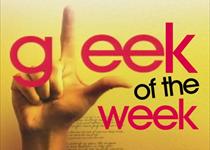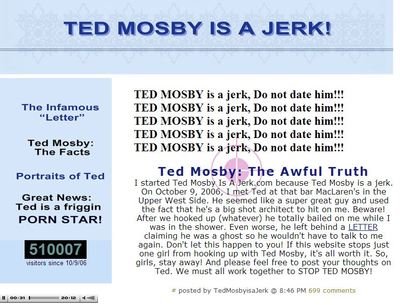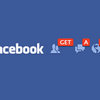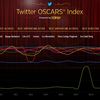Watching TV today has become a multiscreen experience; people watching a show in real-time are simultaneously scrolling through apps like Twitter or Facebook on their mobile devices. Brands are constantly trying to increase their social media presence and interact with their followers, TV shows included. If you are a brand that still doesn’t believe social media has an influence on your business, listen up.
Just because someone “Likes” a show on social media, does that mean they are actually watching it? The Internet (and as such, social media networks) and television have been seen somewhat as enemies because of how easy it is for users to access everything TV offers and more with the click of a mouse. What TV offers, the Internet can provide, but on-demand, from multiple resources and with more features. However, a recent study takes a different spin on the relationship between the Internet and television – a complementary one.
CitizenNet, a predictive desktop marketing tool, recently conducted a survey that found a 3-percent increase in Likes on a show’s Facebook page usually translates to a 1-percent growth in viewership --- aka, Facebook activity leads to increased TV ratings.
The study took in account metrics such as click-through rate, people talking about this and other figures to come up with a value for predicted viewership and compared it with how many people actually watched the show. The study focused on two metrics for predicted viewership: total number of people who liked the show’s page (awareness) and the average click-through rate of a page’s content (intent). Comparing Likes and click-through rates with Nielsen ratings found that Facebook activity does a have a correlation with viewership.
CitizenNet emphasizes that it’s not just about getting the most Likes; pages have to produce content that will encourage people to engage and interact. TV shows have adopted this idea of social TV to incorporate social media with television. Some ways different shows have taken advantage of social media include:
- Featuring a “Fan of the week”

- Live-tweeting
It's @sarahsimmusic vs. @duncankamakana performing @ladyantebellum's "Wanted You More" up next for #TeamAdam
— The Voice (@NBCTheVoice) April 24, 2013
As much of hard ass Juliette is, I hafta say she IS trying to do the right thing. It's easy to become people's puppets in this biz!
— hayden panettiere (@haydenpanettier) March 28, 2013
- Bringing an in-depth, interactive feel beyond the TV screen by actually creating websites used in the TV show. Example A: tedmosbyisajerk.com (See: How I Met Your Mother)
- Offering promotions related to the show.
So, let’s bring it back to the original question, “What do Facebook Likes have to do with TV ratings?” First, as CitizenNet helped us find out, they can help increase them. Second, as modern day shows such as Glee, New Girl, The Voice, How I Met Your Mother, Nashville and Girls show us, utilizing social media as a platform to complement the TV show not only helps increase viewership but also makes it a more engaging and fun experience.














